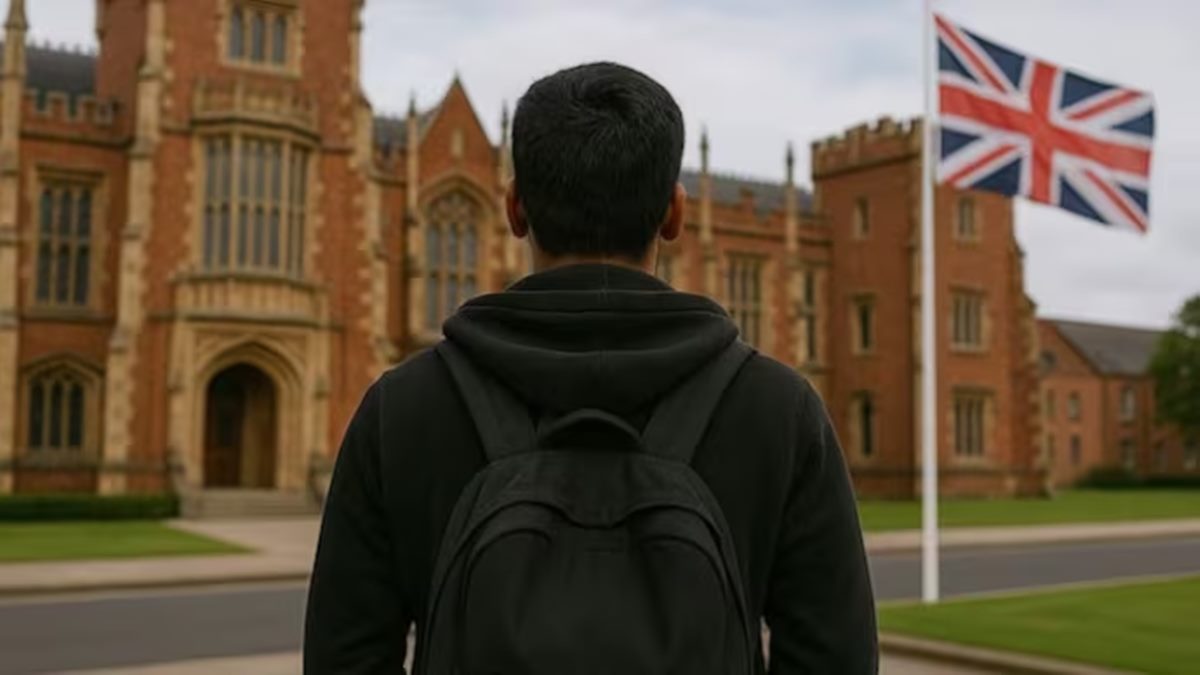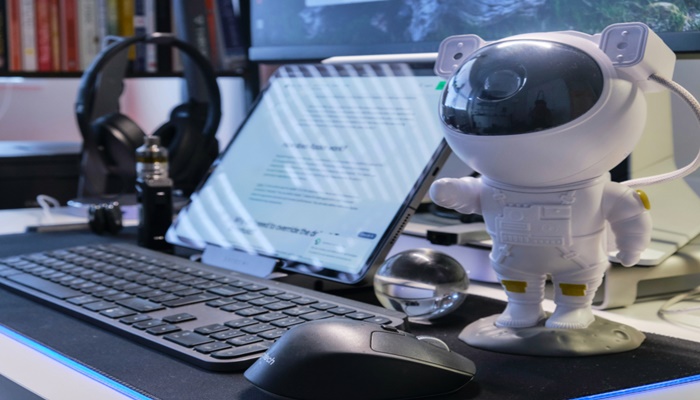From HR departments to job candidates, AI is transforming the hiring process for everyone. Chatbots are generating resumes and cover letters. AI tools are scanning applications and conducting first-round interviews. Meanwhile, hiring managers are busy trying to navigate the AI automation biases that affect the screening process. It’s a lot to wrap your head around, and amid the ever-changing workforce, it’s normal to wonder how to stand out in a competitive, AI-driven landscape.
Cory Corrine, Pulitzer Prize-winning journalist, dives into how to utilize AI to land a job on a recent episode of The Intersect with Cory Corrine. She is joined by Daisy Auger-Dominguez, a global C-suite executive, strategist, author, and keynote speaker who is an expert on navigating changing workplace cultures. They offer insights into the dynamic landscape of hiring and recruitment in the age of AI and how job seekers can utilize AI to their advantage while still maintaining their unique and authentic voice.
The pros and cons of AI in the hiring process
AI has accelerated the hiring process, but at what cost? Auger-Dominguez admits that AI has its pros and cons—it generates breakthrough efficiencies and unlocks new forms of productivity —but simultaneously, it takes the “human” element out of the hiring process.
“As a human, I can live in the intersection of, ‘Wow, this is amazing,’ and ‘Wait a second. What exactly are we doing here?’” Auger-Dominguez says. “How do we use this without losing the essence of who we are.”
Auger-Dominguez adds that AI has made sourcing, screening, and onboarding talent super fast, but it’s important not to forget the people behind the process. “You still need the people who are feeling the roles, but who are also shaping the culture of organizations.”
The relevance of resumes in an AI-saturated job market
According to Auger-Dominguez, resumes are still relevant in an AI-driven workforce. She explains that AI accelerates the sourcing process by quickly scanning hundreds, if not thousands, of resumes and extracting data to identify top candidates.
For job seekers, while AI tools can help add keywords, organize your accomplishments, and refine your resume’s formatting, Auger-Dominguez says you must add the nuance, aka “the fun stuff.” “AI should be your assistant, not your author,” she explains. “The risk is if you use AI as your author, you are going to sound like everyone else. If you are going to outsource to AI, you lose what differentiates you and makes you a unique candidate.”
Why a cover letter may be more important than ever before
Auger-Dominguez considers your cover letter to be your first handshake. “It should reflect the decisions you’ve made and how you’ve made, the values you hold, and the impact you’ve made beyond the bullets on your resume,” she says. “The cover letter is where you add the heart. It’s the secret sauce and the magic.”
In an increasingly AI-driven workforce, Auger-Dominguez says that so many people have lost the art of writing. “Writing a creative and beautiful cover letter is an opportunity to tell your story,” she adds. “It’s the handshake and that 10- to 20-second elevator speech.”
How to future-proof your career
We can use AI as an assistant, but not as a substitute for human authors. Auger-Dominguez explains that AI is a tool, not the end all, be all. “You want to think creatively about how you can use it as a tool to help you show up as the best version of yourself, while not just using the words it gives you,” she says.
To future-proof your career, Auger-Dominguez advises taking Dr. Seuss’ advice and leaning into your “youness.” She says it’s time to stop worrying about AI replacing us and instead focus on being fully human. “The danger is that we will stop remembering, deciding, questioning, connecting, and relating to each other in a way that builds magic,” she warns.
Auger-Dominguez advises job seekers not to outsource basic cognitive loads and the craft of creating. “That’s when we bypass the good, the special, the bold, and the creative ideas,” she says. “If we lean too heavily on machines to do that for us, in the words of Brené Brown, we are at risk of becoming expert curators of mediocre content.”
Source – https://dearmedia.com/how-to-make-your-application-stand-out-in-an-ai-driven-workplace/




















